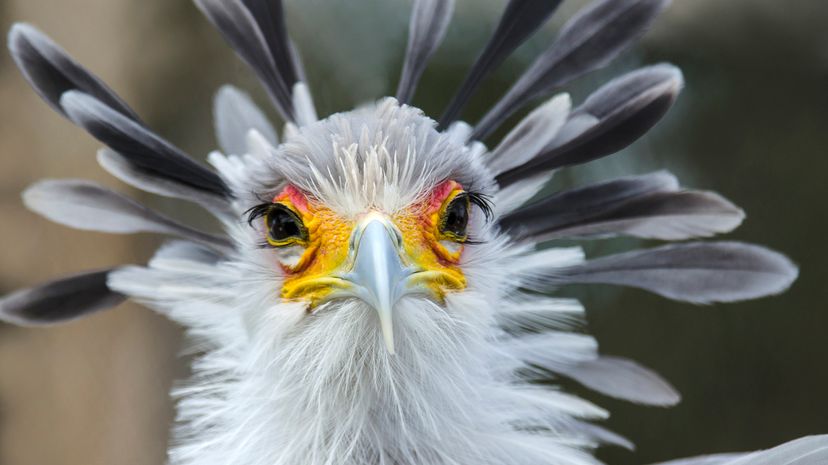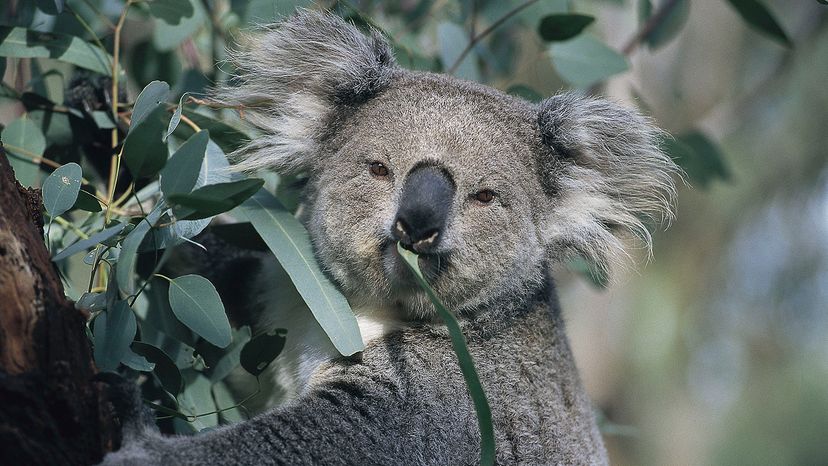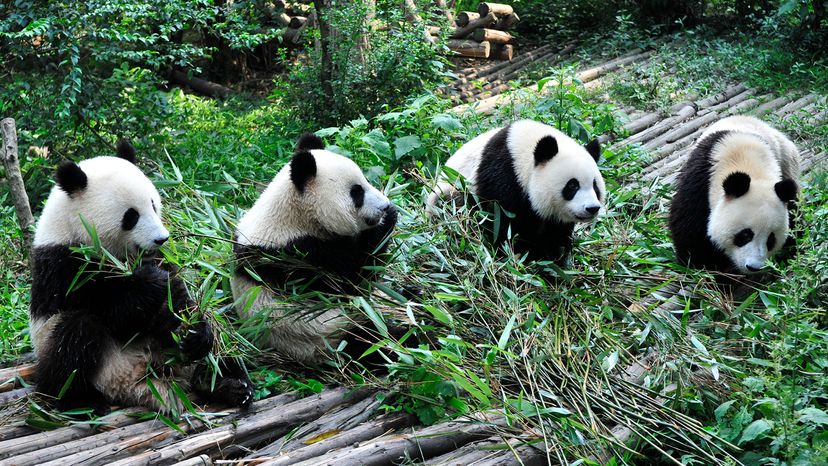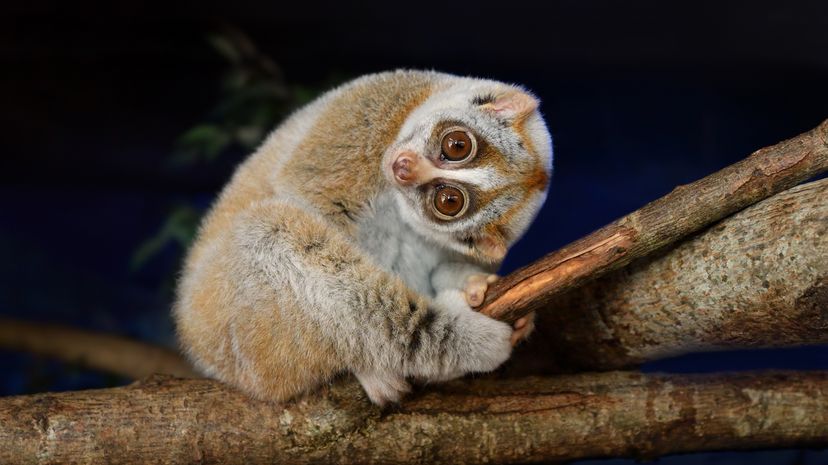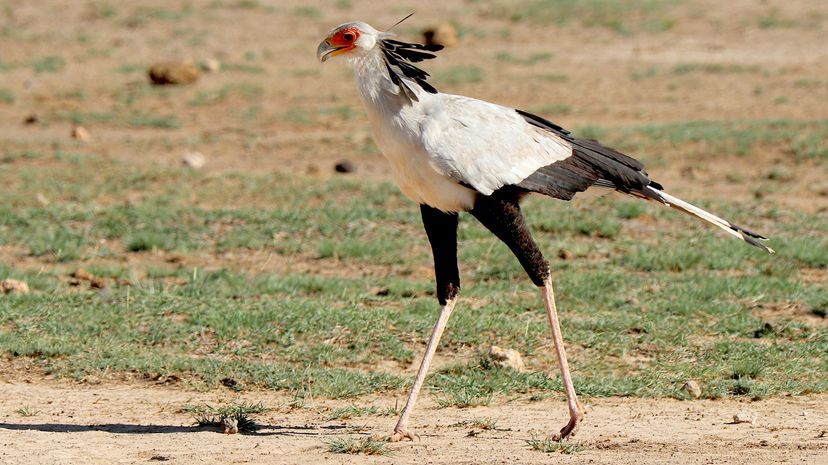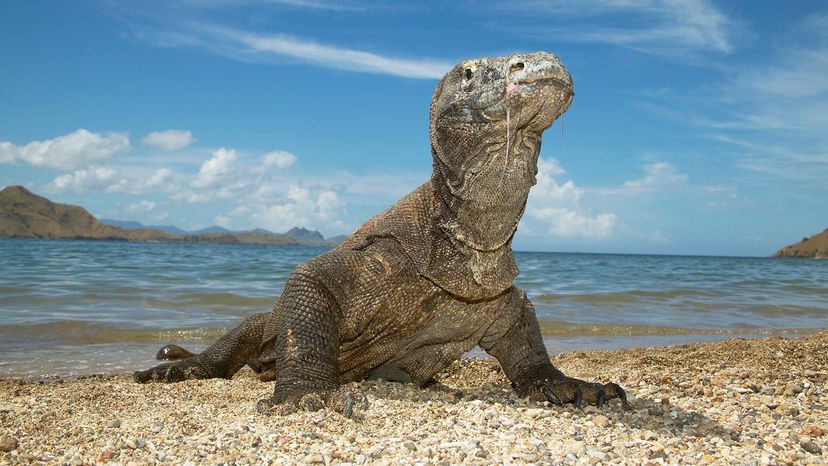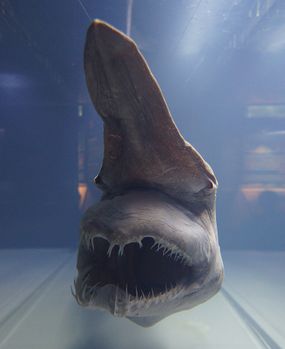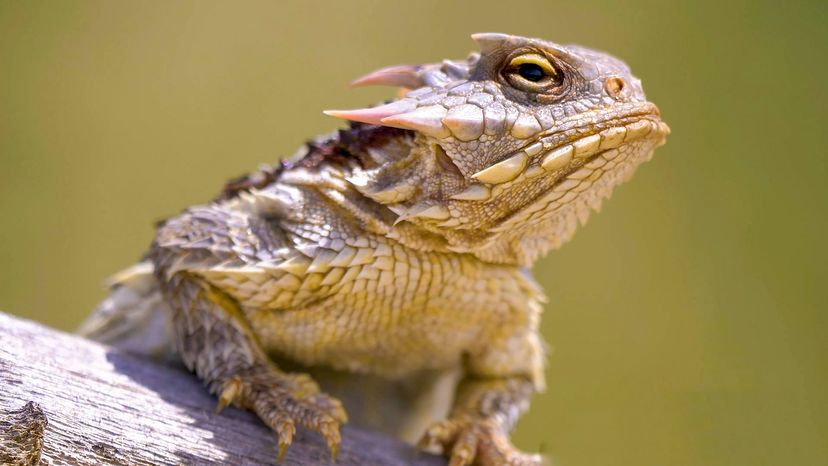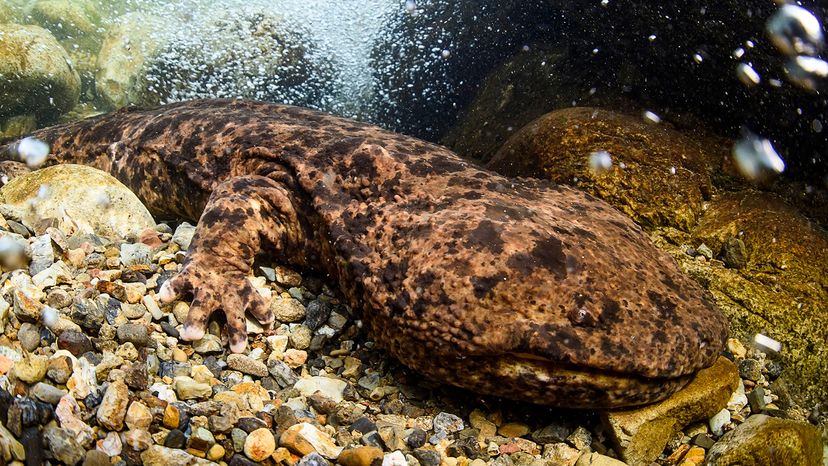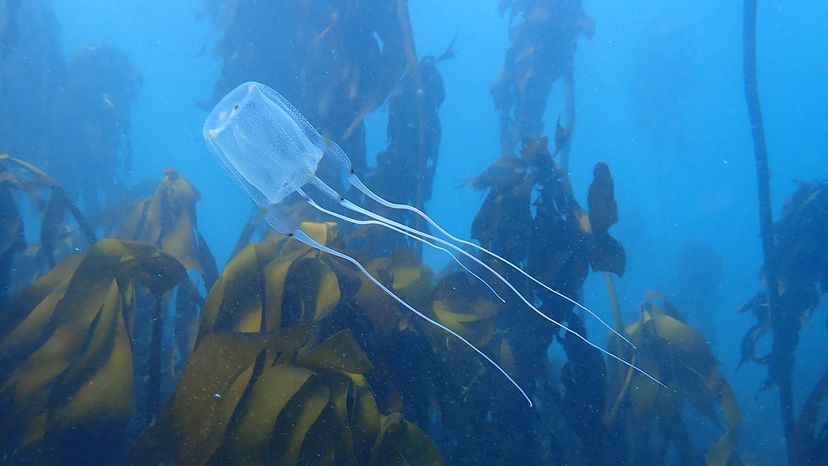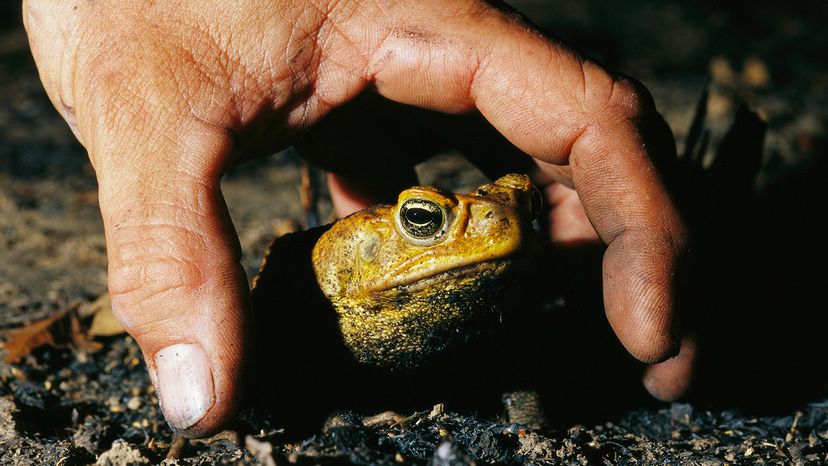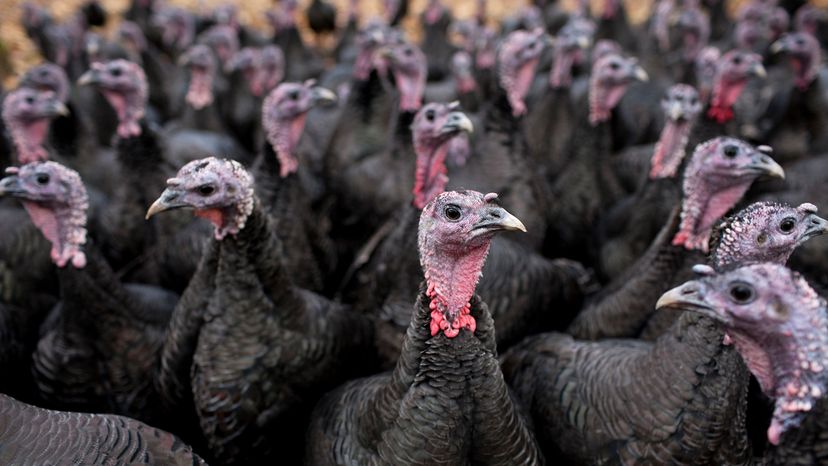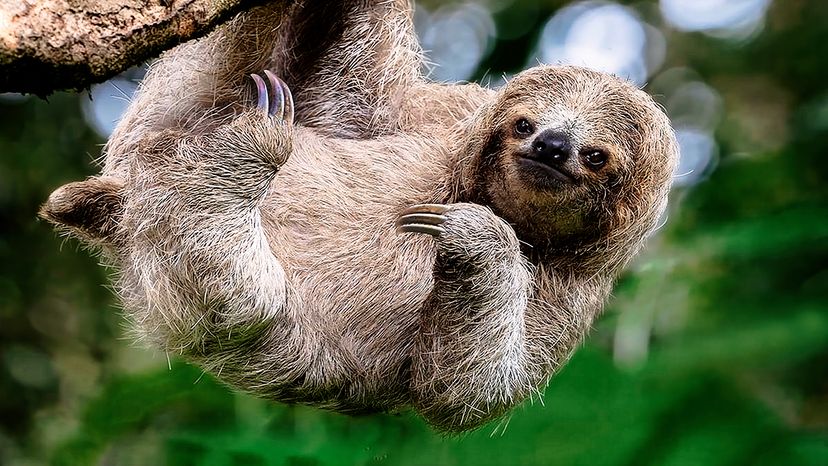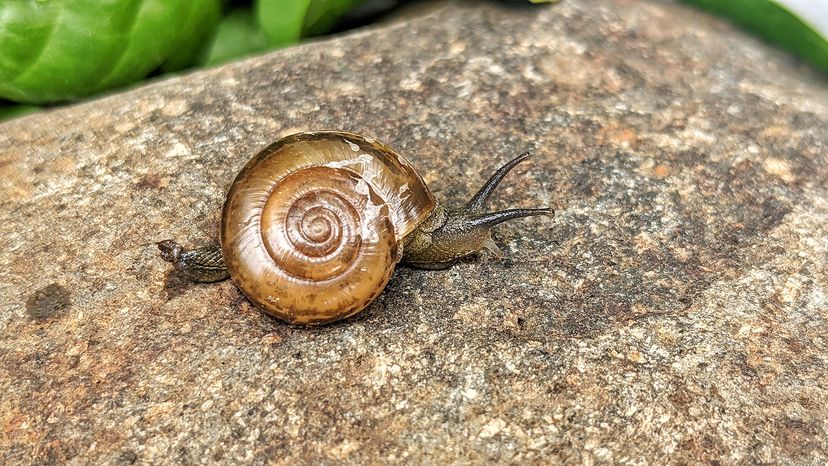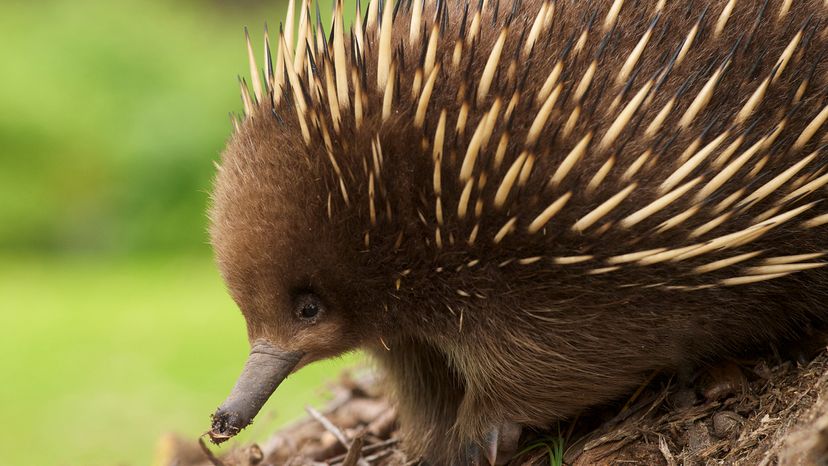Intelligence is a tricky concept to define, especially for animals. Unlike humans, who tend to value problem-solving and adaptability as hallmarks of intelligence, animals demonstrate their smarts in ways that fit their specific environments and survival needs.
For example, we might marvel at crows' use of tolls or the problem-solving skills of dolphins and consider these creatures "intelligent," but how fair is it to judge all animals by the same yardstick?
What we often see as "dumb" in animals might simply be an instinct honed over generations, effective within their own world but seemingly odd or clumsy to us.
Take the sloth, for instance. It moves at a speed that seems hilariously unhurried and prone to missteps. Slow as they are, their bodies are built for conserving energy — a strategy that's brilliant for their rainforest habitat but appears downright lazy to humans.
Similarly, the panda's selective diet and lackadaisical breeding habits seem peculiar, yet they work well enough for pandas to survive (if not exactly thrive).
Rather than lacking cognitive ability, these creatures reveal how specialized and diverse intelligence really is. While some animals may never ace a maze or stack blocks, they showcase a form of intelligence that's uniquely, if quietly, profound.
We created this article in conjunction with AI technology, then made sure it was fact-checked and edited by a HowStuffWorks editor.
